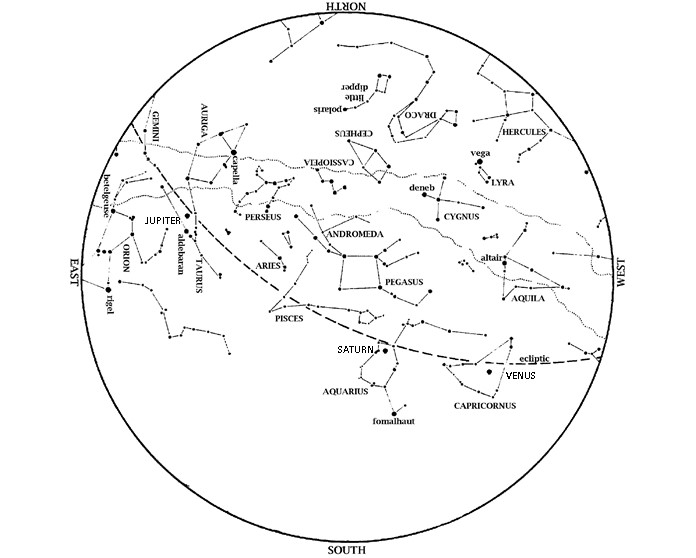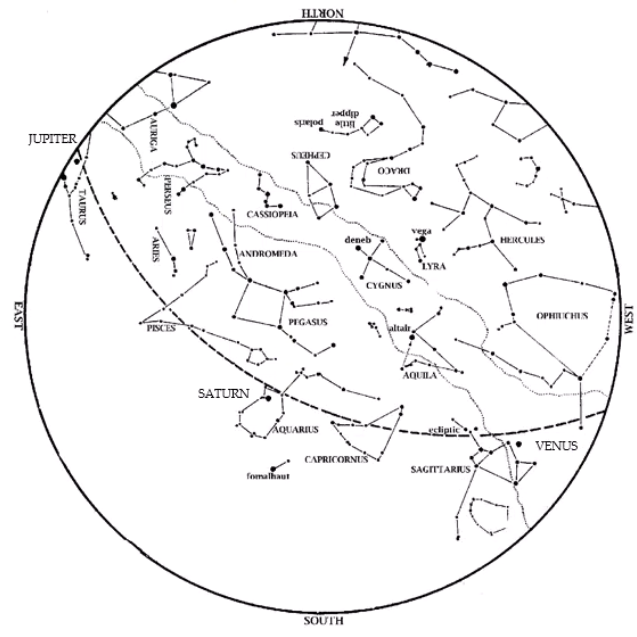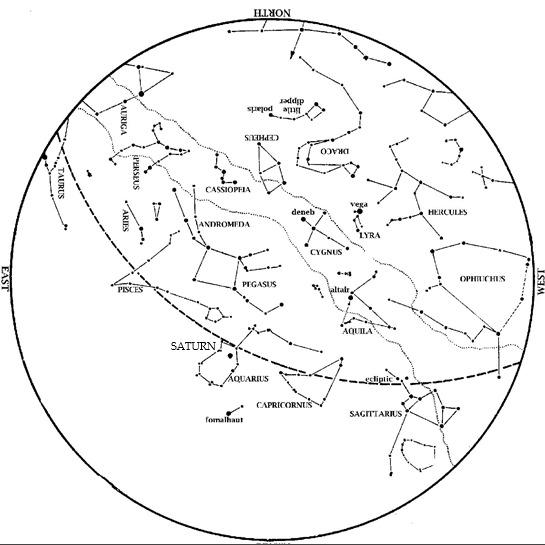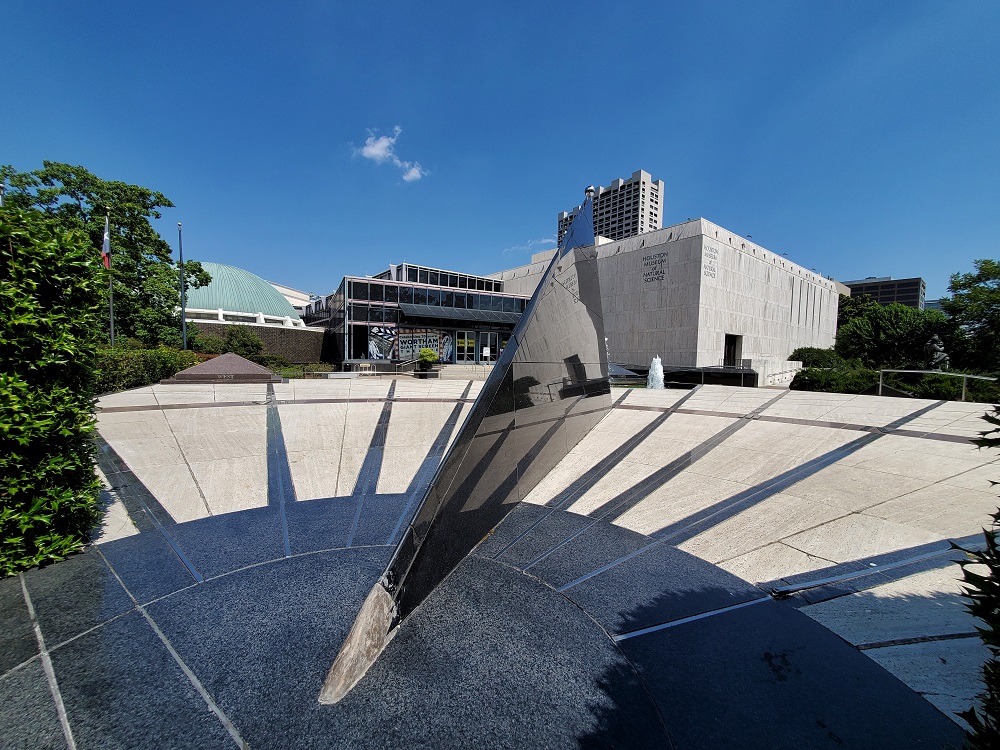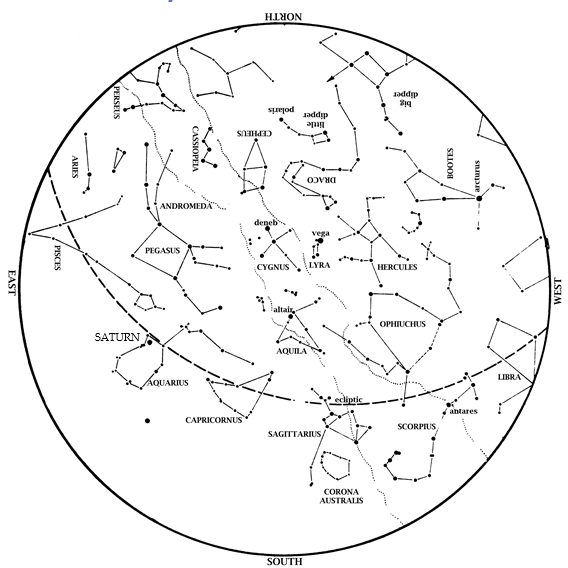Written by Dr. Robin Kochel, SPARK
I will never forget the day that I learned that birds are dinosaurs.
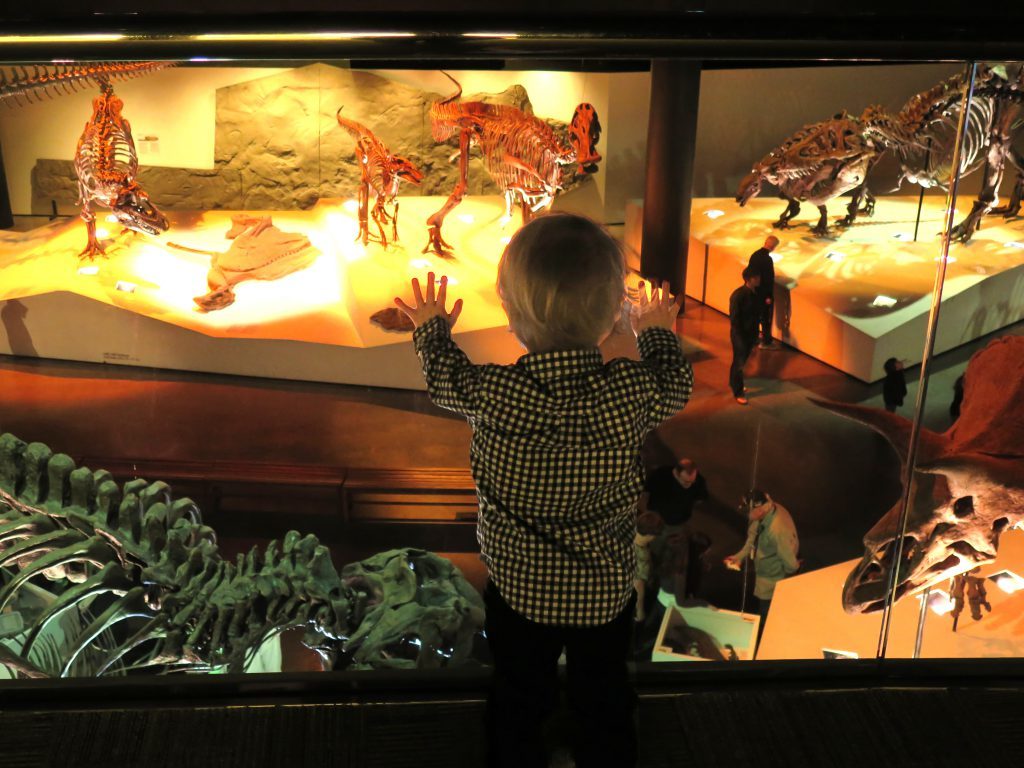
My family and I were visiting HMNS to finalize plans for my daughter’s birthday party on the Morian Overlook. This area provides a bird’s eye view of the Morian Hall of Paleontology which my parents had never seen, so we decided to take a look.
Shortly after walking in, we found ourselves amidst an impromptu tour of the evolutionary highlights of the exhibit. A docent showed us fossilized dinosaur skin that looked like it belonged to a huge plucked turkey. He pointed out a small hooked claw on the back of one of the dinosaur’s legs that looked just like it does on a bird’s leg. The docent joked that when we ate fried chicken, we could tell others we’ve eaten fried dinosaur.
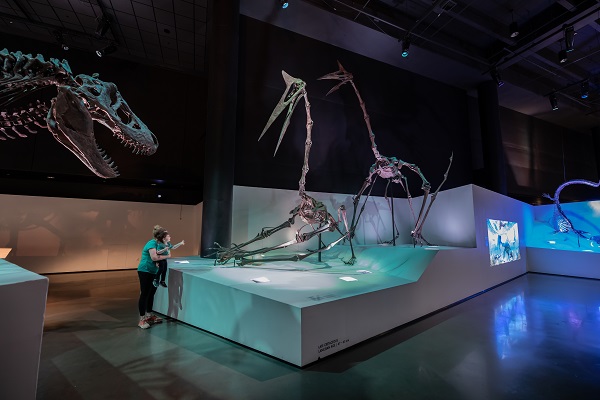
This serendipitous experience not only brought me to a modern day understanding of dinosaurs but also deepened my appreciation for all that HMNS has to offer. This is one of the many reasons that I am proud to partner with HMNS in their efforts to increase accessibility for individuals with sensory sensitivities and related special needs.
As a research scientist with expertise in autism spectrum disorder (ASD), my team and I spend a lot of time surveying families about what activities that they find educational and enjoyable. So when HMNS asked if we would be interested in supporting their sensory-friendly programming, we were eager to collaborate, as many individuals with ASD have sensory sensitivities. At the same time, we could easily see an opportunity for the museum to facilitate recruitment efforts for our SPARK study—now the nation’s largest ever study of ASD. Working together, we could expand our outreach to the autism community in mutually beneficial ways.
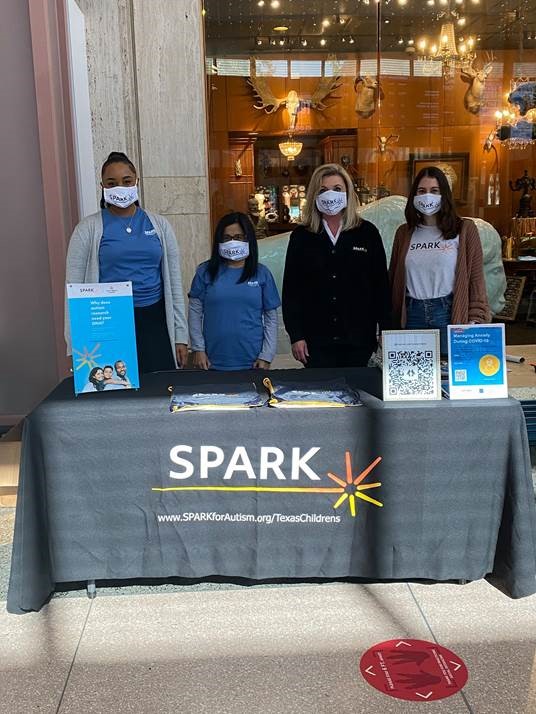
Our partnership with HMNS has since resulted in a sensory-friendly app and a series of SPARK enrollment events that take place at the museum on the sensory-friendly days. During these events, we are able to support families through their entire SPARK participation, from helping all family members register online through collecting saliva samples. One of SPARK’s goals is to identify new genetic causes of ASD. We can do this by analyzing DNA in salvia samples using a genetic test called whole exome sequencing, which can detect the smallest changes in genetic material.
Along with their SPARK participation, families receive discounted tickets to some of the other exhibitions. I like to call it a “win-win-win” for everyone—a win for HMNS to enhance the museum’s accessibility for individuals with sensory sensitivities; a win for us to inform families about research opportunities and complete their SPARK participation; and a win for families to enjoy an outing that is educational, comfortable, and personally fulfilling.
Recently, we learned what a “win” this was for one of our youngest SPARK participants, Jack. His mother wrote, “I wanted to reach out and thank you for the Houston Museum of Natural Science tickets. My son absolutely loves the museum. We went there for his last birthday, and it’s one of the few places we’ve felt safe going during COVID.” It turns out that Jack is also quite a fan of the dinosaurs.
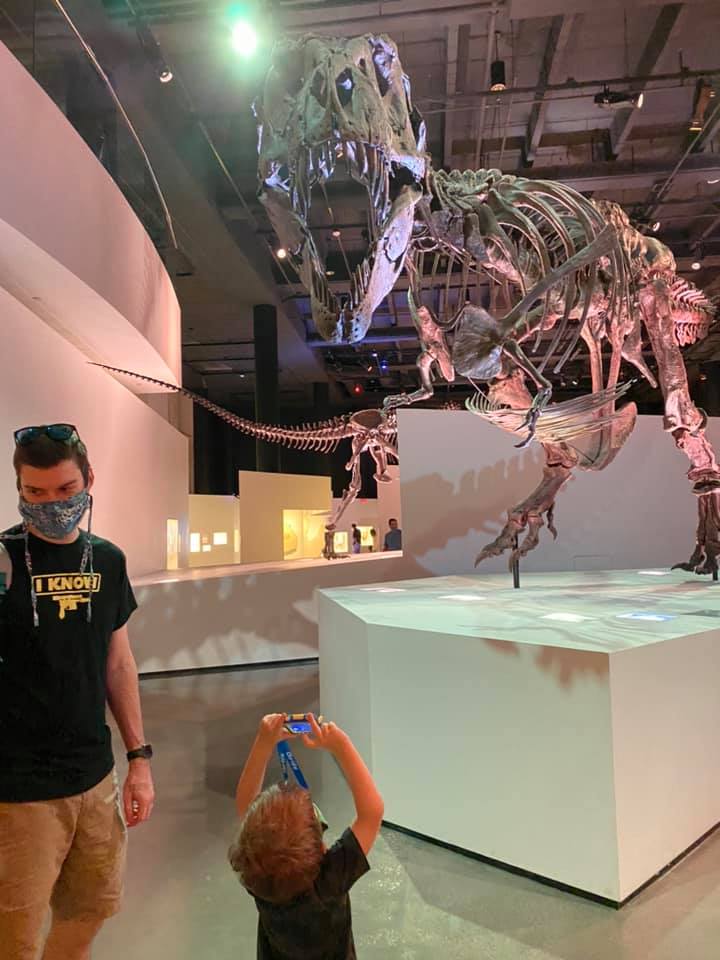
Our hope is that our partnership with HMNS will continue to enhance accessibility to the museum so that individuals with different sensory needs can enjoy all the wonders that it has to offer. And who knows, maybe one of them will be leading the next tour, teaching a new generation about how dinosaurs had feathers.
To learn more about the Kochel Lab for Clinical Autism Research, visit the website here: www.bcm.edu/autism
Did you know HMNS is a Certified Autism Center™? Read all about it here.


